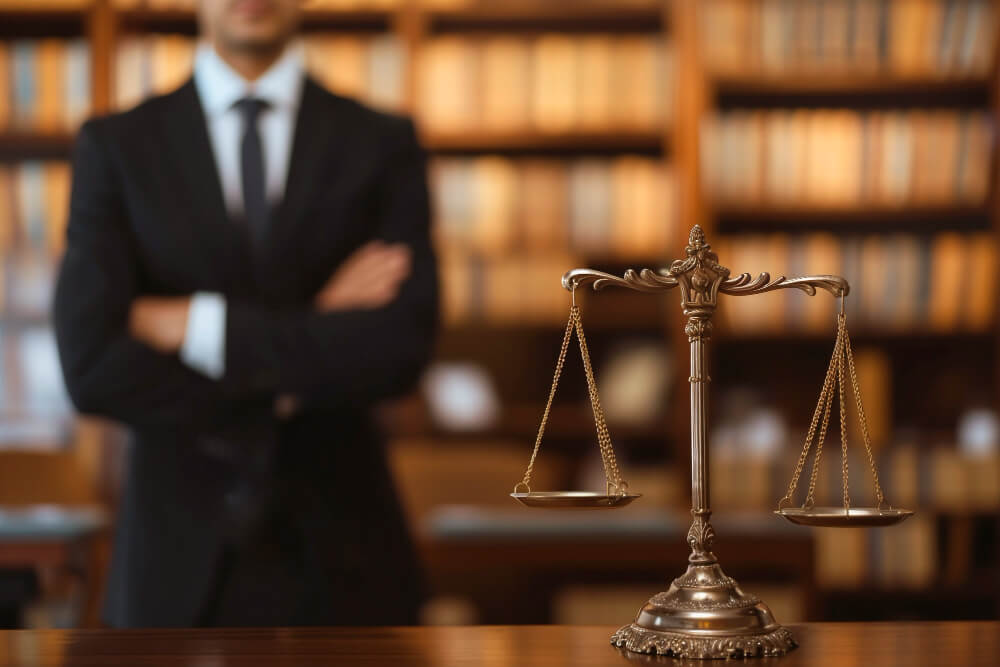The Court concluded with the following in relevant part: Truth is everything when it comes to the kind of basis testimony presented here. If an expert conveys an out-of-court statement in support of his opinion, and the statement supports that opinion only if true, then the statement has been offered for the truth of what it asserts. The truth of the basis testimony is what makes it useful to the State; that is what supplies the predicate for—and thus gives value to—the state expert’s opinion. And from the factfinder’s perspective, the jury cannot decide whether the expert’s opinion is credible without evaluating the truth of the factual assertions on which it is based. But that is what raises the Confrontation Clause problem. For the defendant has no opportunity to challenge the veracity of the out-of-court assertions that are doing much of the work.
Here, Rast’s statements came in for their truth, and no less because they were admitted to show the basis of Longoni’s expert opinions. All of Longoni’s opinions were predicated on the truth of Rast’s factual statements. And the jury could credit those opinions because it too accepted the truth of what Rast reported about her lab work. So the State’s basis evidence—more precisely, the truth of the statements on which its expert relied—propped up the whole case; yet the maker of the statements was not in the courtroom, and Smith could not ask her any questions.
What remains is whether the out-of-court statements Longoni conveyed were testimonial. The testimonial issue focuses on the “primary purpose” of the statement, and on how it relates to a future criminal proceeding. But that issue is not now fit for resolution by this Court. The question presented in Smith’s petition for certiorari took as a given that Rast’s out-of-court statements were testimonial, and the Arizona Court of Appeals did not decide the issue. Indeed, there may not remain a matter to decide, as Smith maintains that the State has forfeited any argument that Rast’s statements were not testimonial. The testimonial issue, including the threshold forfeiture question, is thus best considered by the state court in the first instance. The conviction is vacated and the case is remanded to the lower court.
Claiming that an out-of-court statement is not offered for its truth is the default position of attorneys that cannot not think of a hearsay exception. The foundations for hearsays exceptions are numerous and complicated. Most attorneys do not have a good grasp on them. Very few jurors can comprehend the related analyses.


